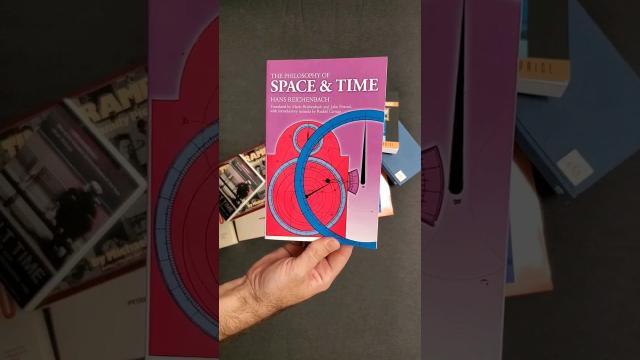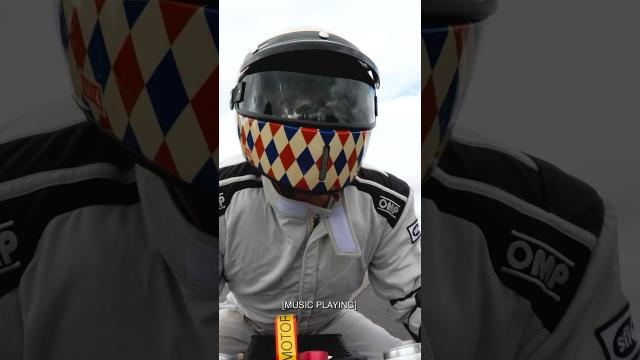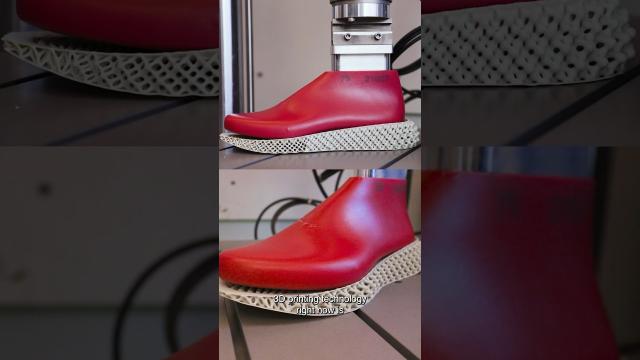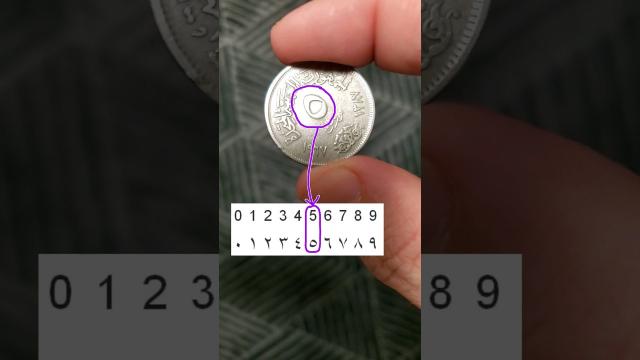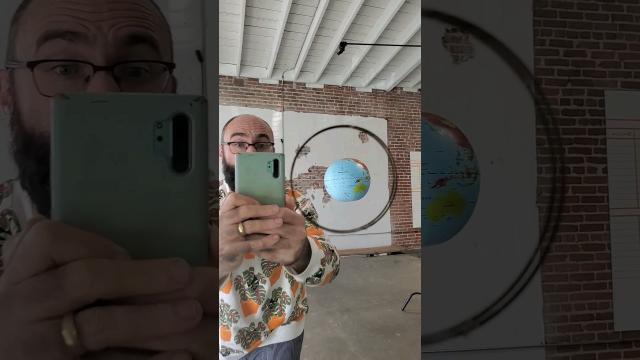Time Travel, Teleportation & Science
Time travel is the concept of moving between different points in time in a manner analogous to moving between different points in space, generally using a theoretical invention, namely a time machine. It has a commonly recognized place in philosophy and fiction, but has a very limited application in real world physics, such as in quantum mechanics or wormholes.
Although the 1895 novel The Time Machine by H. G. Wells was instrumental in moving the concept of time travel to the forefront of the public imagination, The Clock That Went Backward by Edward Page Mitchell was published in 1881 and involves a clock that allowed three men to travel backwards in time.[1][2] Non-technological forms of time travel had appeared in a number of earlier stories such as Charles Dickens' A Christmas Carol. Historically, the concept dates back to the early mythologies of Hinduism (such as the Mahabharata), Buddhism, and Islam through ancient folk tales. More recently, with advancing technology and a greater scientific understanding of the universe, the plausibility of time travel has been explored in greater detail by science fiction writers, philosophers, and physicists.
Teleportation, or Teletransportation, is the theoretical transfer of matter or energy from one point to another without traversing the physical space between them. It has a commonly recognized place in science fiction literature, film, and television, but as yet has a very limited application in real world physics, such as quantum teleportation or the study of wormholes.
Science (from Latin scientia, meaning "knowledge") is a systematic enterprise that builds and organizes knowledge in the form of testable explanations and predictions about the universe. In an older and closely related meaning, "science" also refers to a body of knowledge itself, of the type that can be rationally explained and reliably applied. A practitioner of science is known as a scientist.
In modern usage, "science" most often refers to a way of pursuing knowledge, not only the knowledge itself. It is also often restricted to those branches of study that seek to explain the phenomena of the material universe.
Source : Wikipedia
-
14:04
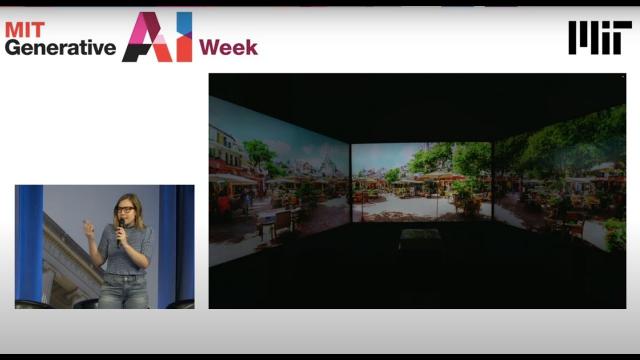
Generative AI + Creativity Student Lightning Talks Part 2
Added 133 Views / 0 LikesMIT Media Lab students Vera van de Seyp, Leticia Izquierdo, Pat Pataranutaporn, and Hope Schroeder discuss their work at the intersection of AI and creativity.Watch more videos from MIT: http://www.youtube.com/user/MITNewsOffice?sub_confirmation=1The Mass
-
21:53
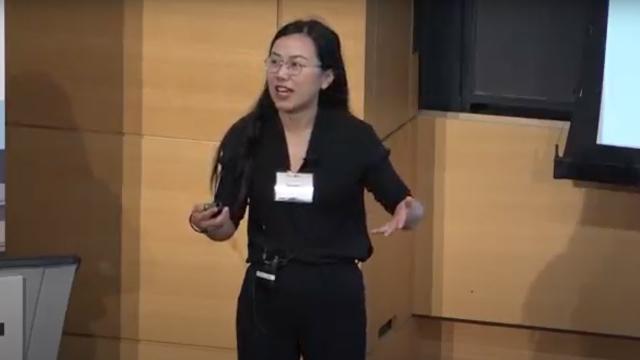
Generative AI Impact on Commerce: Danielle Li
Added 133 Views / 0 LikesDanielle Li, Associate Professor, MIT Sloan School of Management discusses Generative AI and Worker Upskilling.Watch more videos from MIT: http://www.youtube.com/user/MITNewsOffice?sub_confirmation=1The Massachusetts Institute of Technology is an independ
-
15:54
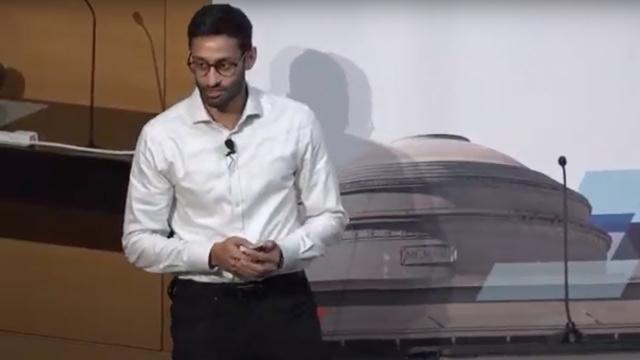
Generative AI Impact on Commerce: Manish Raghavan
Added 132 Views / 0 LikesManish Raghavan, Assistant Professor, MIT Sloan School of Management and EECS, talks about how generative AI can affect employment.Watch more videos from MIT: http://www.youtube.com/user/MITNewsOffice?sub_confirmation=1The Massachusetts Institute of Techn
-
00:30
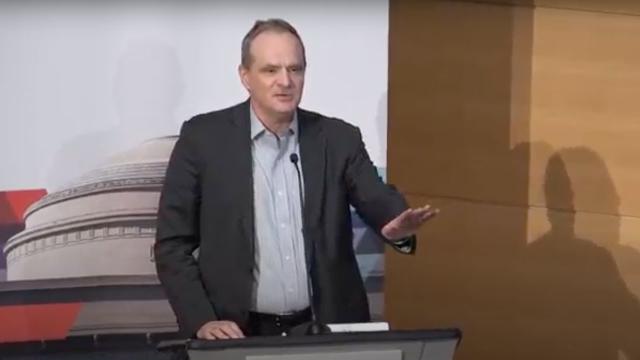
Generative AI Impact on Commerce Closing Remarks
Added 132 Views / 0 LikesSimon Johnson concludes Generative AI Week by thanking the audience, organizers, and guests.Watch more videos from MIT: http://www.youtube.com/user/MITNewsOffice?sub_confirmation=1The Massachusetts Institute of Technology is an independent, coeducational,
-
08:17
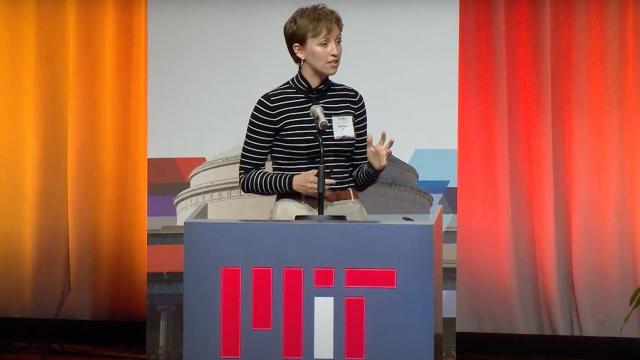
Generative AI Ethics and Society: Sara Beery
Added 132 Views / 0 LikesSara Beery, Assistant Professor, MIT EECS and CSAIL, speaks about the ways generative AI can help us understand sustainability, ecosystem health, and potentially the health of our planet.Watch more videos from MIT: http://www.youtube.com/user/MITNewsOffic
-
11:53
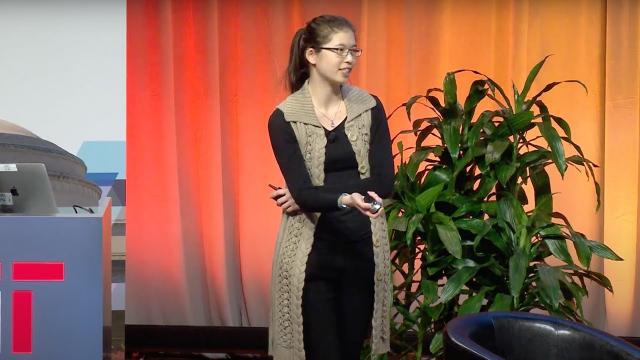
Generative AI Applications: Cathy Wu
Added 132 Views / 0 LikesCathy Wu, Assistant Professor, MIT Civil and Environmental Engineering, IDSS, and LIDS, describes how generative AI could help create synthetic data to help prepare self-driving cars for rare events, better model traffic patterns, and improve zoning regul
-
01:00
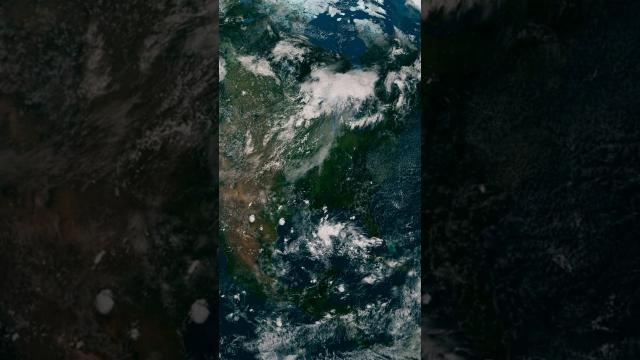
Methane mitigation
Added 132 Views / 0 LikesResearchers have developed a powdered catalyst that can promote the otherwise natural conversion of methane to carbon dioxide in a matter of seconds. With this technique methane can be removed from the air completely.
-
59:43

The Turbulent Ocean (original documentary)
Added 131 Views / 0 LikesThis documentary, originally aired in 1974, describes the planning and implementation of the revolutionary Mid-Ocean Dynamics Experiment (MODE). MODE was the first collaborative oceanographic experiment designed by leading international scientists using a
-
01:01
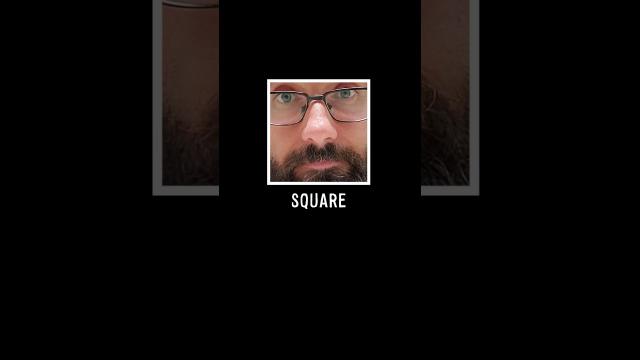
I ???? Quadrilaterals
Added 131 Views / 0 Likessquare rectangle rhombus kite parallelogram trapezoid geometry quadrilaterals Euler Diagram math nomenclature geometry
-
15:50
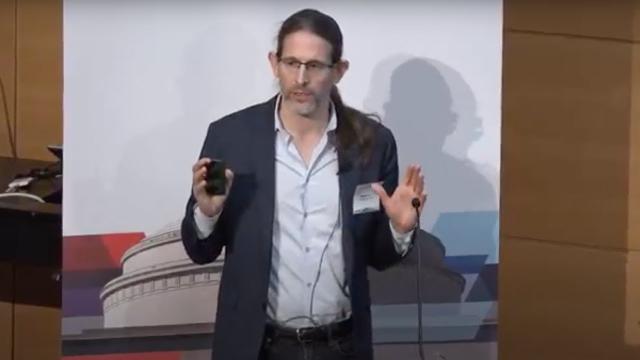
Generative AI Impact on Commerce: Retsef Levi
Added 131 Views / 0 LikesRetsef Levi, Professor, MIT Sloan School of Management, on the resilience of AI-enabled business processes and systems.Watch more videos from MIT: http://www.youtube.com/user/MITNewsOffice?sub_confirmation=1The Massachusetts Institute of Technology is an
-
13:50
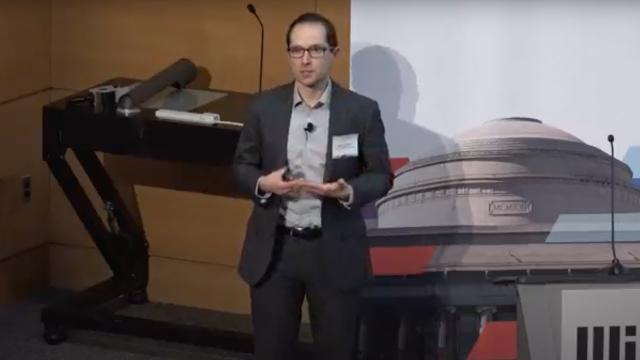
Generative AI Impact on Commerce: Mert Demirer
Added 131 Views / 0 LikesMert Demirer, Assistant Professor, MIT Sloan School of Management, analyzes the productivity effects of generative AI by looking at the evidence from a field experiment with GithHub Copilot.Watch more videos from MIT: http://www.youtube.com/user/MITNewsOf
-
25:16
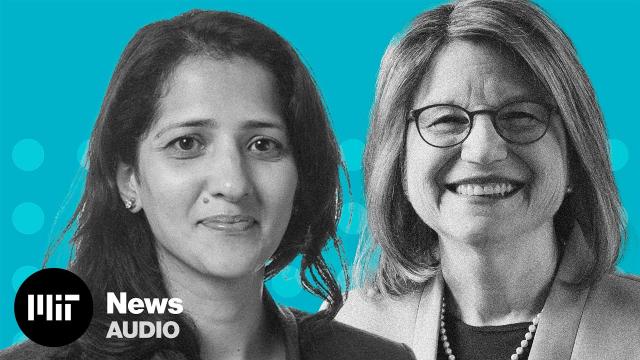
Curiosity Unbounded, Episode 8: Hard facts on soft skills
Added 131 Views / 0 LikesNamrata Kala is an associate professor in applied economics at the MIT Sloan School of Management. She studies the value of employee training and incentives, how communities adapt to environmental change and regulation, and the returns on environmental te



